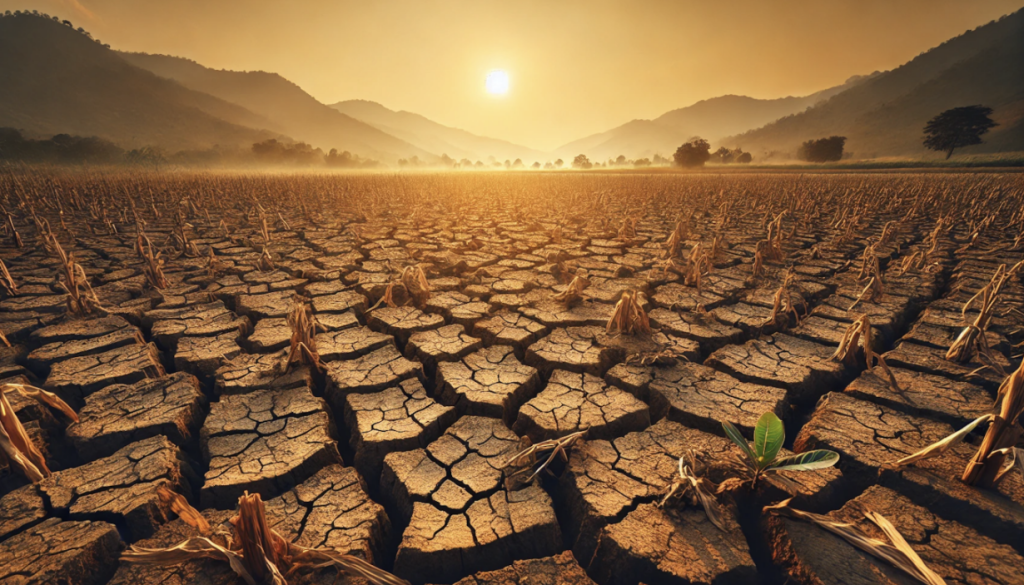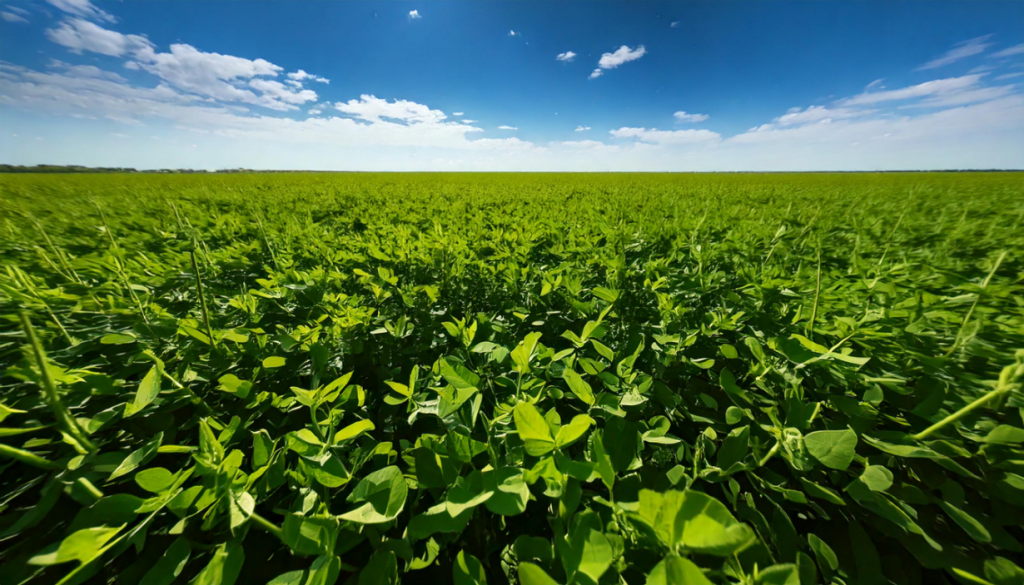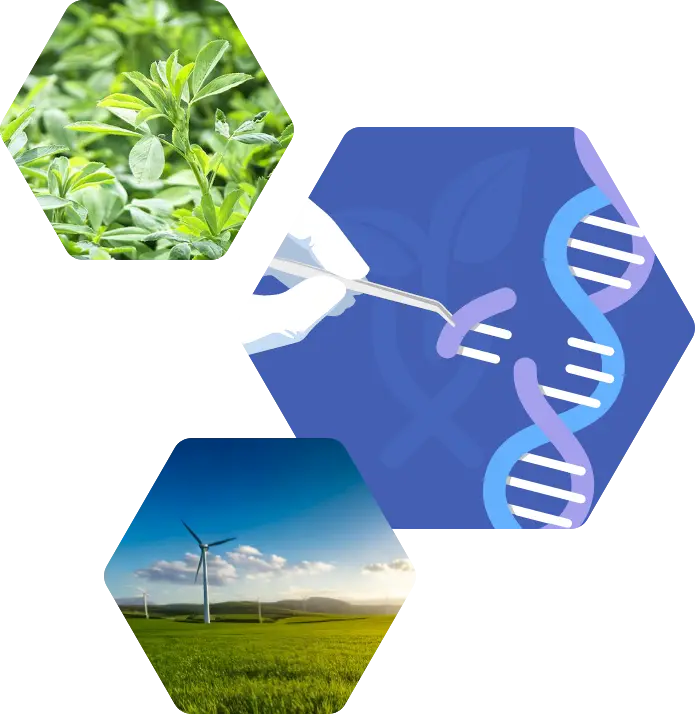Revolutionizing Alfalfa with non-GMO CRISPR Technology
Enhancing drought tolerance & yield for global sustainable agriculture
Why Alfalfa Matters
Alfalfa (Medicago sativa) is more than a forage crop—it is a cornerstone of global livestock systems and sustainable farming practices.
A rich source of protein, fiber, calcium, and essential vitamins, alfalfa is an indispensable feed for dairy cattle, beef livestock, and equines.
The U.S., China, Saudi Arabia, and other Gulf nations rely on alfalfa imports, making it a valuable and stable export commodity.
As a legume, alfalfa fixes atmospheric nitrogen, reducing the need for synthetic fertilizers and enhancing soil fertility.
Export-oriented production in regions like the U.S. and Argentina generates substantial revenue—especially in water-stressed markets where premium forage is in high demand.


The CRISPR Advantage
Conventional Breeding in Alfalfa: Scientific Bottlenecks
Alfalfa improvement through traditional breeding is limited by biological complexity and long generation times. CRISPR offers a transformative alternative, enabling precise and accelerated trait enhancement.
Key Challenges in Classical Breeding
Genetic complexity
Alfalfa is a polyploid and perennial species, making trait selection and genetic crossing more difficult.
Extended breeding cycles
Multi-year timelines slow down the rate of genetic improvement.
Disease vulnerability
Fungal and root pathogens continue to limit yields and reduce stand longevity.
Drought sensibility
Water stress significantly impacts productivity, especially in arid and semi-arid environments.
Why CRISPR matters
Edit key water-regulation genes to improve performance with less irrigation.
Enhance resilience to common alfalfa pathogens such as root rot and leaf spot.
Increase digestibility and protein content for higher feed conversion efficiency.
Develop lines with improved stand persistence and biomass productivity.

Vision & impact
MaxEditas is advancing a pipeline of CRISPR-edited alfalfa varieties designed for the future of forage.
Enable more resilient, high-yield crops for a changing climate.
Support food security by improving feed efficiency for dairy and meat production.
Reduce agricultural inputs and environmental footprint through regenerative practices.
Expand market access for producers with premium, differentiated varieties.
Alfalfa is not just feed—it’s a catalyst for climate-smart agriculture, economic development, and biotech innovation. MaxEditas is leading the next wave of forage transformation.
